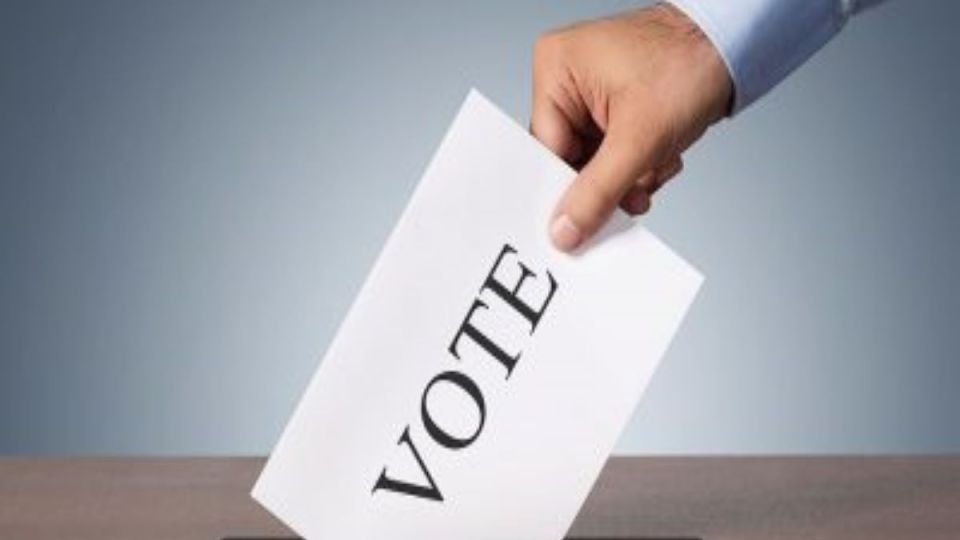November 24, 2022
NEW DELHI – A decision by New Zealand’s Supreme Court lowering the voting age to 16 should arouse interest in democracies around the world. The Court held that the present minimum age of 18 is discriminatory because it is inconsistent with the country’s Bill of Rights, which gives people a right to be free from age discrimination once they turn 16.
While the voting age will not automatically be lowered, it forces the country’s Parliament to debate the proposal, refer it to a select committee and ultimately, if a three-fourths majority agrees, enact a law to give effect to the ruling. Prime Minister Jacinda Ardern supports the change but has cautioned that it might be difficult to pass and is unlikely to be in place before the 2023 General Election.
She told reporters: “I personally support a decrease in the age, but it is not a matter for me or even the government. Any change of electoral law of this nature requires 75 per cent of parliamentarians’ support. That’s why it’s our view that this is an issue best placed to parliament for everyone to have their say.”
Political parties are divided on the issue. While the Greens want an immediate lowering of the voting age, the National Party, the largest Opposition grouping, is opposed to it. And while Ms. Ardern has made her views public, her Labour Party has not commented on the issue. Not many countries have lowered the voting age to 16; Austria, Brazil, Cuba, and Germany are among a handful to have done so.
In the larger democracies of the world, such as India and the United States, the minimum age for voting is 18, although in the latter case, this applies only to federal elections with states free to set the terms for local elections. Two aspects of the debate in New Zealand ought to interest Indians.
The first is that age discrimination does exist in India, although not in terms of democratic rights. Thus, while Indians can vote at 18, they need to be 21 ~ and even 25 in Chandigarh ~ before they are allowed to drink in many territories. A handful of states ~ Goa, Karnataka, Himachal Pradesh, Rajasthan, and Sikkim among them ~ have lowered the legal age for drinking to 18.
The other aspect is related to the country’s relatively younger population, with a median age of 28.7. This, of course, means that the numbers of those in the 16-18 age group, and those a little younger, are substantial. It could be argued that more young people should participate in the democratic exercise since they make up the largest chunk of the population impacted by its consequences.


